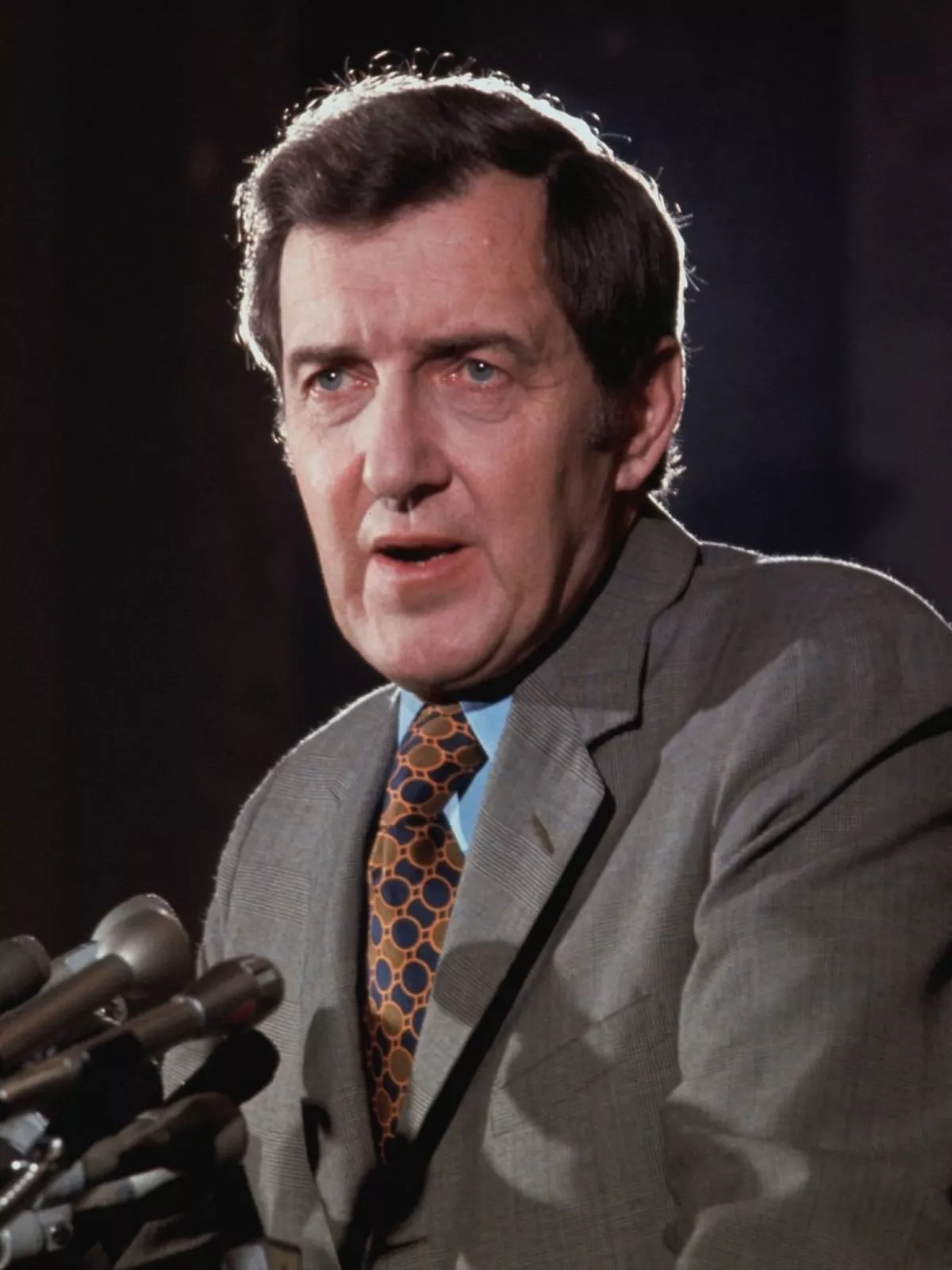 1.
1. Edmund Sixtus Muskie was an American statesman and political leader who served as the 58th United States Secretary of State under President Jimmy Carter from 1980 to 1981, a United States Senator from Maine from 1959 to 1980, the 64th governor of Maine from 1955 to 1959, and a member of the Maine House of Representatives from 1946 to 1951.